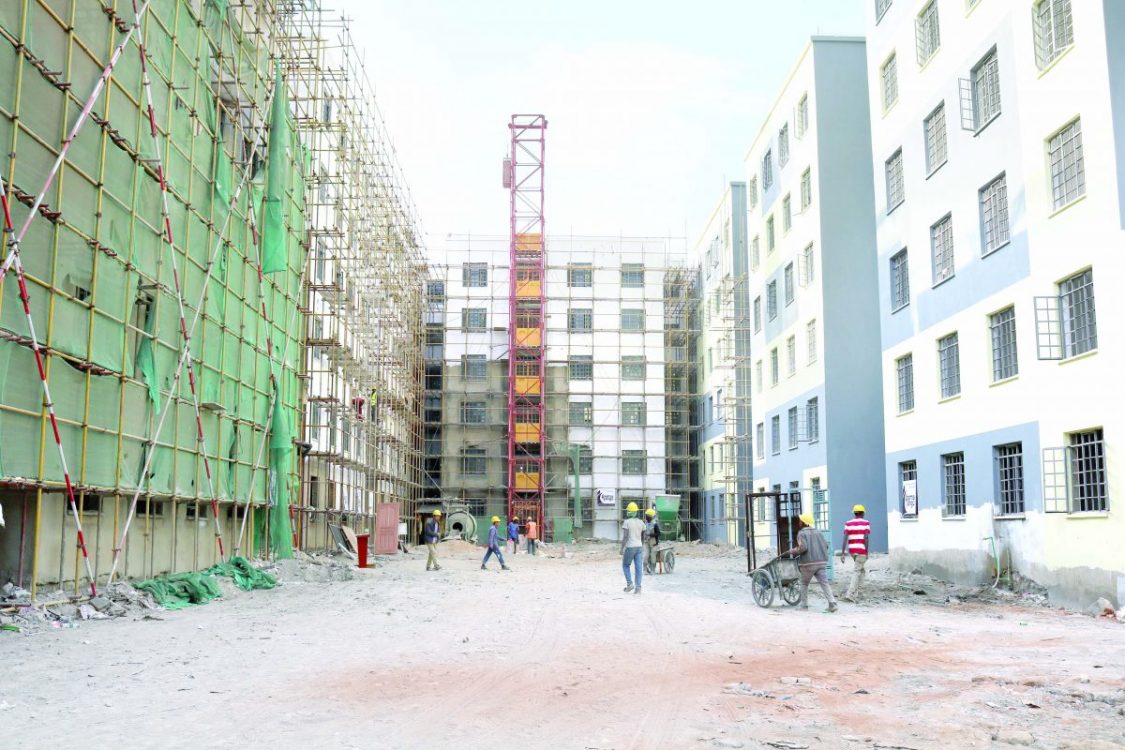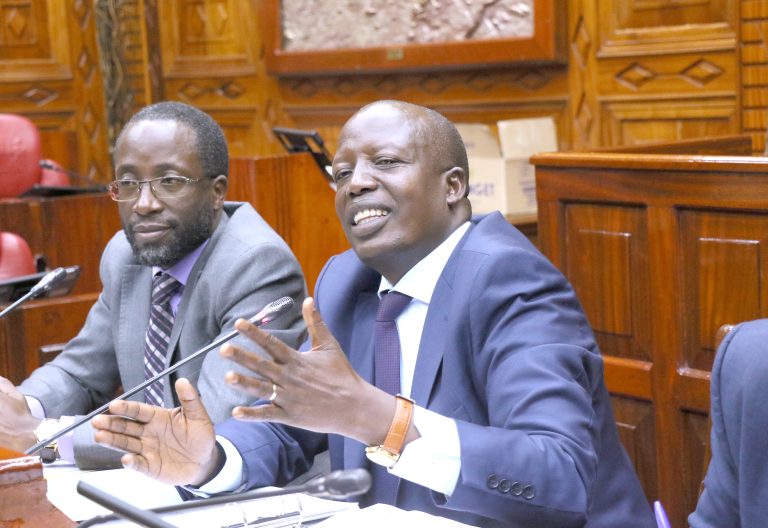Sh250 billion more needed to unlock affordable houses

An extra Sh250 billion will be needed in the next five years if the affordable housing project is to be actualised.
Parliamentary Budget Office (PBO), in its report, says that out of the amount, Sh50 billion will be provided through budgetary allocation while Sh200 billion would be sourced from pension funds and Assets Under Management (AUM), which currently stand at Sh1.5 trillion.
The money is also expected to be sourced from other collective investment schemes, including diaspora bonds.
PBO, says the pressure for affordable housing is expected to escalate substantially due to the current growth in urban population.
“The bottom-up economic plan is cognizant of housing and settlement as key drivers for economic transformation. This is informed by the current imbalance between the demand and supply of affordable houses in Kenya, as well as the potential role that the construction industry can play towards job creation and economic growth,” reads the report.
It notes that injection of the Sh 250 billion would increase the supply of new housing units to 250,000 per annum, as well as increase the percentage of affordable housing supply from two per cent to 50 per cent.
Long-term schemes
This, the report notes, will be achieved by structuring affordable long-term housing finance schemes, including a National Housing Fund and Co-operative Social Housing Scheme that would guarantee off-take of houses from developers.
The money would also help grow the number of mortgages from 30,000 to 1 million, thus enabling low-cost mortgages of Sh 10,0000 and below.
To actualize this, the government will have to spend Sh57.9 billion in the next five years, comprising Sh10.5 billion in the first year, Sh11 billion in the second year, Sh11.5 billion in the third year, Sh12.1 billion in the fourth year and Sh12.7 billion in the fifth year.
The Sh 57.9 billion, says PBO, will be able to unlock the Sh200 billion from pension funds and the private sector, in addition to the Sh5 billion, which is for establishment of the settlement fund.
PBO says as of now, 2.94 per cent of the 2.7 million of formerly employed people earn more than Sh100,000 and can afford the market mortgage.
Out of this, 3.8 per cent will go for the market-based mortgage whose minimum value for qualifying is Sh4 million.
“The role of the government is to support unlocking of private sector resources, including pension funds and assets under management, towards affordable housing.
In addition, the Sh250 billion will enable the government to give developers incentives to build more affordable houses, like having the Sh5 billion settlement fund for rural settlements that will see the government providing Sh1 billion annually in order to actualise this.
The money will be loaned to the landless to purchase land and will be repaid at an annual interest of 5 per cent.
Other incentives the PBO says the government should give to actualise the plan include lowering the costs of inputs, giving tax breaks such as zero-rating of stamp duty for first-time home owners to encourage support from the private sector.
“ Delivery of the housing plan will, therefore, be defined by supply, demand and an enabling environment. The demand side initiatives will include steps that affect access and lower mortgage costs. On the supply side, the government must establish an environment that encourages investors to provide funding for the projects,” reads the report.
The report comes barely months after Kenya Mortgage Refinance Company (KMRC) disbursed at least Sh7.7 billion to banks and saccos by December last year for onward lending to prospective homebuyers.
Mortgage eligibility
The Sh7.7 billion contribution to KMRC, the PBO says, is expected to unlock Sh16.94 billion in on-lending as per the KMRC eligibility for primary mortgage lenders, which requires the nominal value of pledged home loans not to exceed the aggregate outstanding balance of the loans to financial institutions by 120 per cent.
The affordable housing plan, which is a pillar of the Big Four Agenda, was started by the former regime, which had targeted to deliver 500,000 affordable housing units by 2022; but less than 5,000 were achieved.
The PBO attributes the failure to challenges in land acquisition, high cost of construction materials, quality of construction materials, inadequate infrastructure, as well financing models and limited incomes.
“ Despite government interventions to enhance home ownership, little progress has been made,” adds the report.








